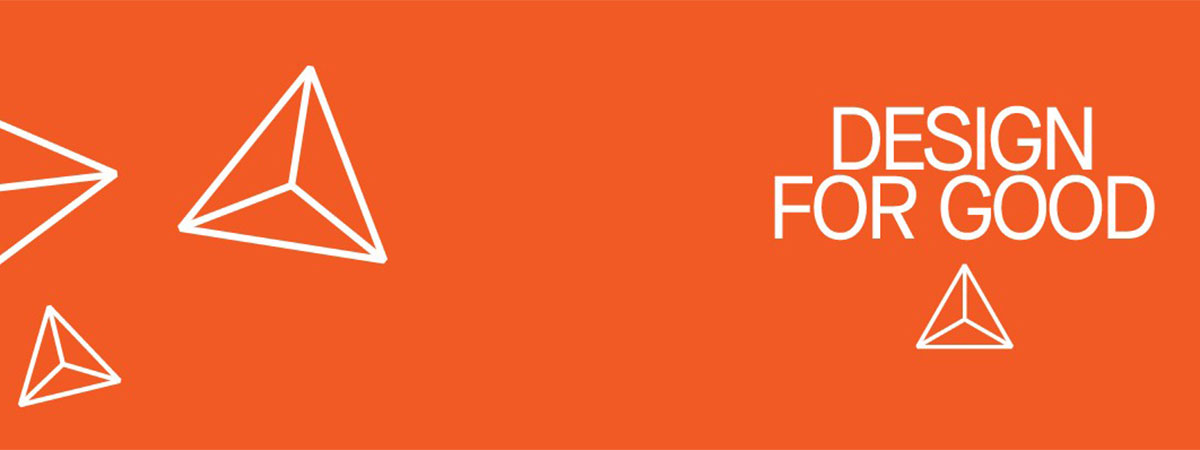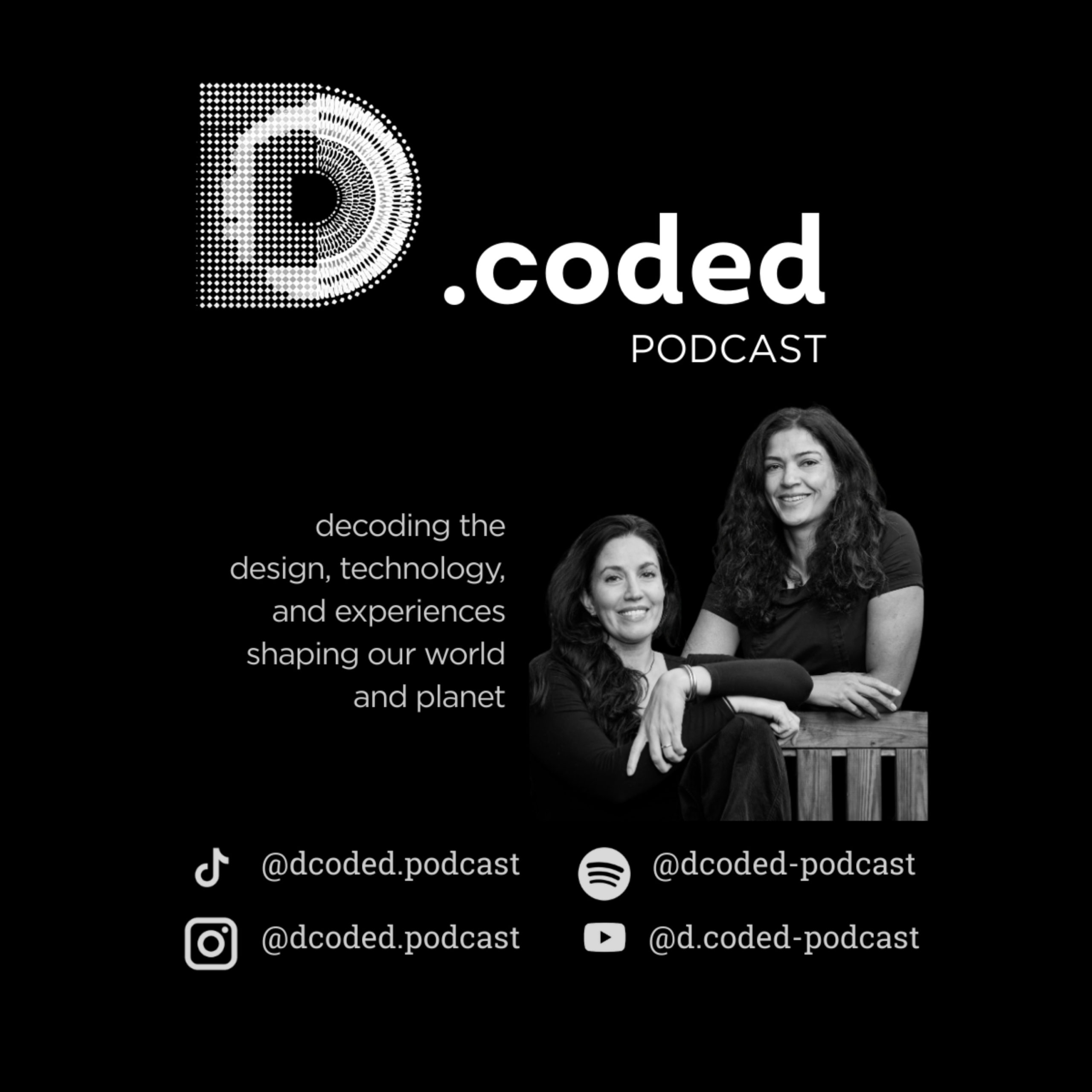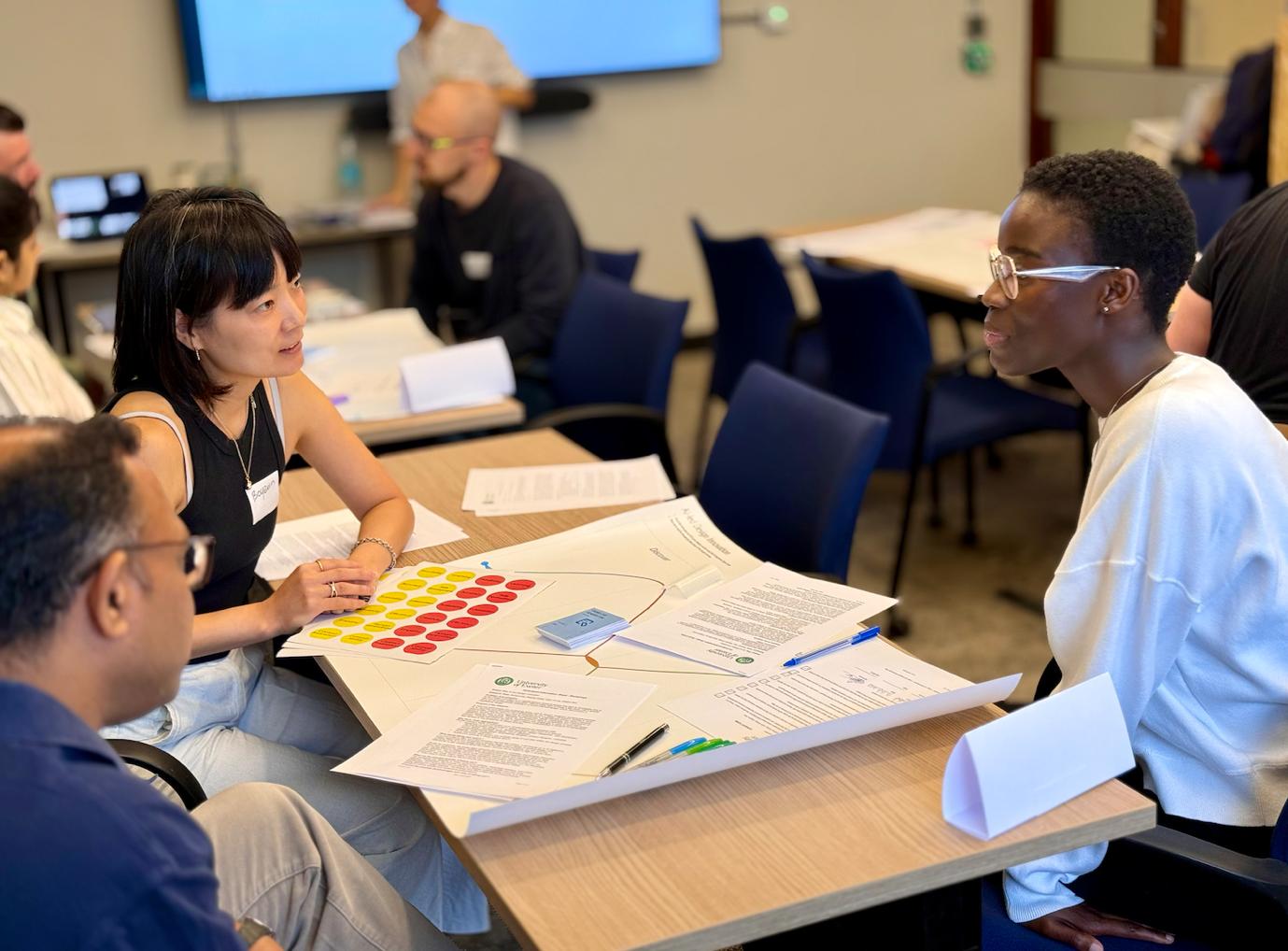Design for Good brings together designers around the world with a shared goal of improving lives through human-centred design. Their products and services are donated fully open source and developed with impacted communities.The founding alliance includes General Mills, Lixil, Logitech, Nedbank, Nestlé, McKinsey & Company, Microsoft, Pepsico, Philips and Royal College of Art. The design leaders at each of the founding companies will make up an advisory council that unleashes and supports the 5,000-strong design community across all ten organisations, to voluntarily participate in an unprecedented nine-month initiative to design and develop open-source products and services to address some of society’s biggest challenges.
Design for Good aims to be the world’s most ambitious and impactful design non-profit. It is a global alliance, comprising many of the world’s leading organisations; this alliance releases their combined creative talent of thousands of designers, to design and deliver positive impact against the United Nations’ Sustainable Development Goals each year. The anticipated result is direct improvement to millions of lives, on a scale only possible through global collaboration. The intention is not only to create direct and measurable change, but to transform the way large companies and institutions collaborate on a common goal.
Professor Saeema Ahmed-Kristensen is very pleased to be joining this important venture; she will be Design for Good’s ‘critical friend’ as the Design for Good designers start their discovery and shape their problem statements. Her role is to poke, prod, question and challenge the 170 design teams’ problem statements.
Professor Ahmed-Kristensen is the Co-Director of INDEX and Director of INDEX’s DIGIT Lab, A UKRI Next Stage Digital Economy Research Centre. Prior to this, Saeema was the Head of Design Products and a Chair of Engineering Design at the Royal College of Art, and previously Deputy Head and Prof of Design Engineering at the Dyson School of Design Engineering, Imperial College London. Her research was one of the first to use a human-centred approach to structuring and automating indexing of knowledge, and; to develop approaches to quantify user experiences, leading to a data driven-approach to assess comfort in headsets (now embedded within GN Netcom Product development processes and leading to awards for comfort). She has a funding portfolio of approximately or £16.51 million.





